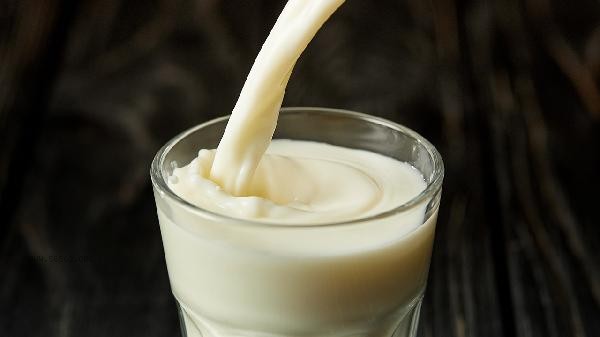The best time to drink milk at night is usually about 1 hour before bedtime. Milk contains tryptophan and calcium, which can help promote sleep and relieve nerve tension, but factors such as individual digestive ability, lactose tolerance, and dietary mix need to be considered. Tryptophan in milk is an important raw material for synthesizing melatonin, which can regulate the sleep cycle. Drinking it one hour before bedtime can fully absorb and utilize tryptophan. Warm milk can also induce drowsiness by moderately raising body temperature, while calcium has a positive effect on stabilizing nerve and muscle excitability. People with normal gastrointestinal function usually do not feel burdened when drinking during this period, and can avoid excessive gastric acid secretion that may be caused by drinking on an empty stomach.

Some lactose intolerant individuals may experience weakened digestive function at night and may experience bloating or diarrhea after drinking. It is recommended that these individuals choose lactose free milk or consume it in small amounts during dinner. Patients with diabetes should pay attention to the fact that lactose in milk may affect blood sugar at night. Patients with hypertension should avoid taking too much liquid before sleep to increase the burden on the heart. Patients with gastroesophageal reflux may experience acid reflux after drinking, and it is necessary to prepare at least 2 hours in advance and consume a small amount of solid foods such as soda crackers. Choosing low-fat or skim milk can reduce calorie intake, and pairing it with a small amount of whole wheat bread can delay gastric emptying time. After drinking, it is recommended to maintain a sitting position for 15 minutes before lying flat to avoid reflux. People with long-term insomnia can try to mix milk with a small amount of cinnamon powder or honey, but diabetes patients should be careful with honey. It is important to note that milk should not be consumed with citrus fruits in daily life to prevent protein coagulation from affecting absorption. Those who are allergic to milk can use soybean milk or almond milk instead, and the drinking time and amount also need to be controlled.










Comments (0)
Leave a Comment
No comments yet
Be the first to share your thoughts!